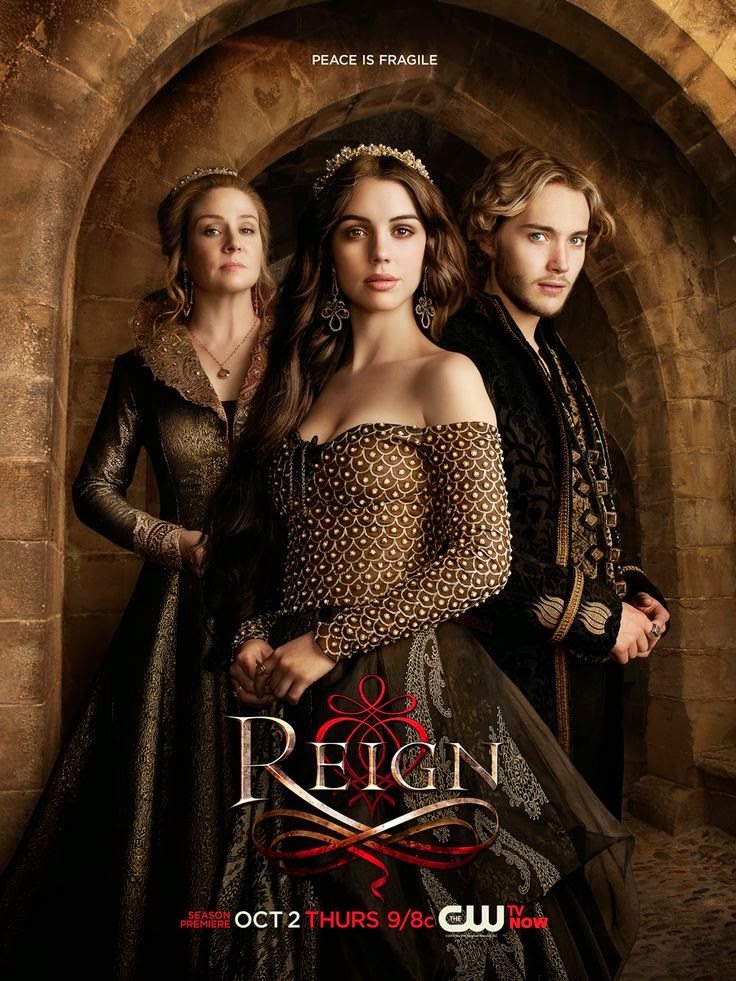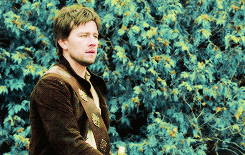Scotland’s
future book review
Title :
Scotland’s future “your guide to an Idependent Scotland”
Author :
The Scottish Government
Summary :
“On 18 September 2014 you will be
asked to vote in a referendum on the question: ‘Should Scotland be an
independent country?’ The Scottish Government believes you should vote
Yes.
This guide sets out the gains of
independence for Scotland – whichever party is in government – and this
Government’s vision and priorities for action if we are the first government of
an independent Scotland. It also explains the process by which Scotland will
become independent following a Yes vote and how our newly independent Scotland
will work. (…)”
Review: I have read this guide for the OLP course and
I have to admit that it was really interesting. Of course, the book deals with
the referendum and was part of the campaign to say “YES” and we already know
the result of the referendum. But I was curious to know the arguments of the “yes”
side. The book is written like a long political speech (nearly 400 pages) as
the writers want to convince “us” to vote yes
at the referendum. It develops all the resources and advantages that
Scotland has and why Scotland should be independent.
I have discovered new things on the
country and I really enjoyed it. The articles are really easy to understand and
there are a lot of graphics to illustrate and summarize the arguments. We can
clearly see that the government was motivated and ready to fully rule the country:
“If we vote yes, we’ll take the next
step on Scotland journey. We will move forward with confidence, ready to make
the most of the many opportunities that lie ahead. The most important decisions
about our economy and society will be taken by the people who care the most
about Scotland that is by the people of Scotland. The door will open to a new
era for our nation. Scotland’s future will be in Scotland’s hands.” (p.3)
The government is really optimistic
maybe sometimes a bit too much: As I said, the book is written as a political speech
to convince the readers and as a politician would do, there is no “bad parts”
in the speech. Only good ones, only advantages, not even worries about the
future. I know it’s only to make the “vote yes” side more positive, but reading the book,
I sometimes had the feelings that something was hidden, that all these
advantages were too good to be true. But that’s only my opinion.
Anyway, the program of the government is
really clear and really organized. We can feel that the referendum was something
planned years before and that it meant so much for Scotland’s government. They
tried to do their best to convince their people with lots of promises as:
-An independent Scottish parliament
would have replaced the current Westminster system.
-The government would have been formed
by parties that win the Elections in Scotland.
-Public services would have been kept in
public hands.
-An economic policy would have been
created to take advantage of “Scotland’s world-class universities and key growth
industries like food, and drink, life sciences, tourism.”
-Scotland’s oil would have been invested
for the future generations.
-Scotland’s taxes would have stopped to
pay for nuclear weapons. A new system for taxes would have been created to
respect these rules: “simplicity,
neutrality, stability, flexibility”. (p.86)
-Scotland would have spent more on
social protections: pensions, and welfare.
-Scotland would have been part of the
European Union.
-Scotland would have been fully
independent on March 24th, 2016.
For all that, the government wanted
progress but was not ready to give up on old customs:
“On Independence, Scotland will be a
constitutional monarchy, continuing the Union of the Crowns that dates back to
1603, pre-dating the Union of the Parliaments by over one hundred years. On
independence in 2016, Her Majesty The Queen will be the head of state.” (p.28)
“We want to create a secure future for
Gaelic in Scotland by increasing the numbers learning, speaking and using Gaelic,
through Gaelic education in all sectors and all stages such as early years,
primary and secondary education” (p.200)
It was also funny to see that, among all
these serious subjects (taxes, nuclear weapons, monarchy, language etc) there
were people who care for something lightweight: The National Lottery.
“On independence, the National Lottery
will continue to operate in Scotland. People
will still be able to play National Lottery games (...)” (p.204)
The good thing is that the Scottish government
doesn’t try to blame the other countries or to create a “nationalist” atmosphere:
“I also believe that the bonds of
family, friendship, history, and culture between Scotland and the other parts
of the British Isles are precious. England, Wales and Northern Ireland will
always be our family, friends and closest neighbours. But with Scotland as an independent country, our relationship will
be one of equals”. (p.7)
To conclude I would say that it was a
good reading because I could read the actual arguments of the Scottish
government, so much more developed that in the Medias in September. Otherwise,
I would like to read a “vote No” speech to really have my proper opinion on the
subject, even if the referendum took place almost six months ago.
For the pictures and quotes, all the credits go to "Scotland's future" ebook.





























































